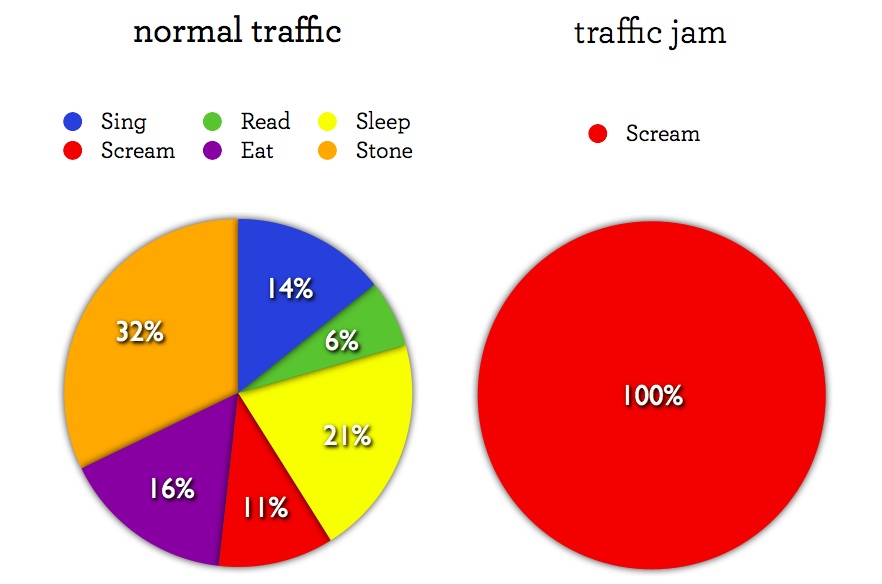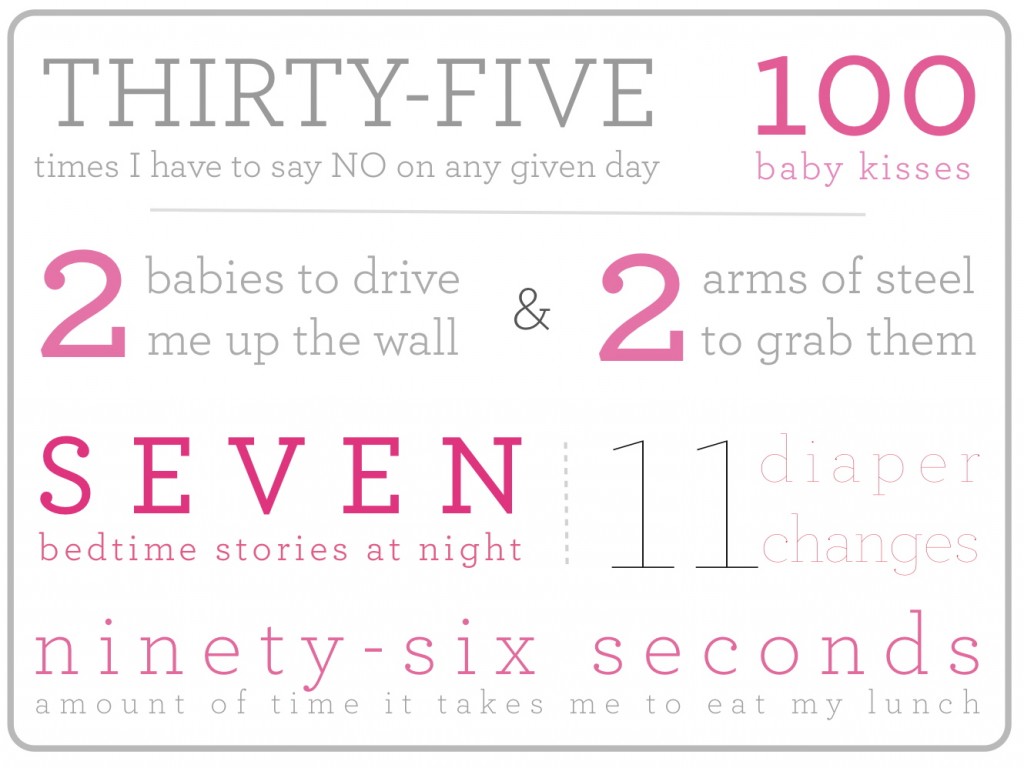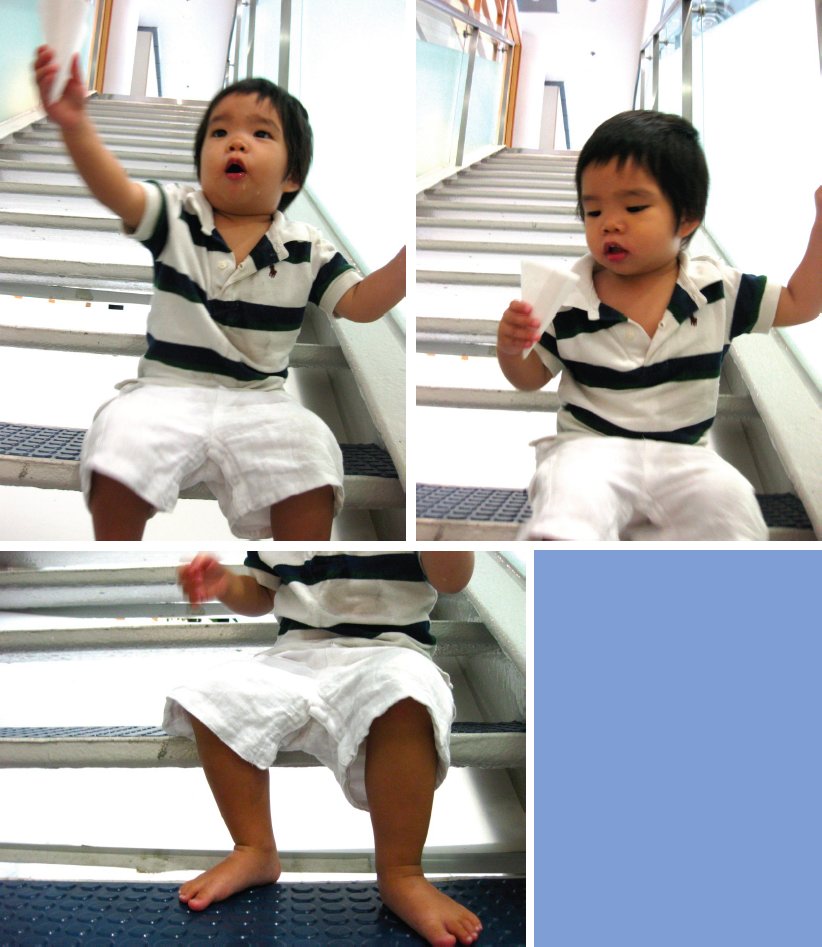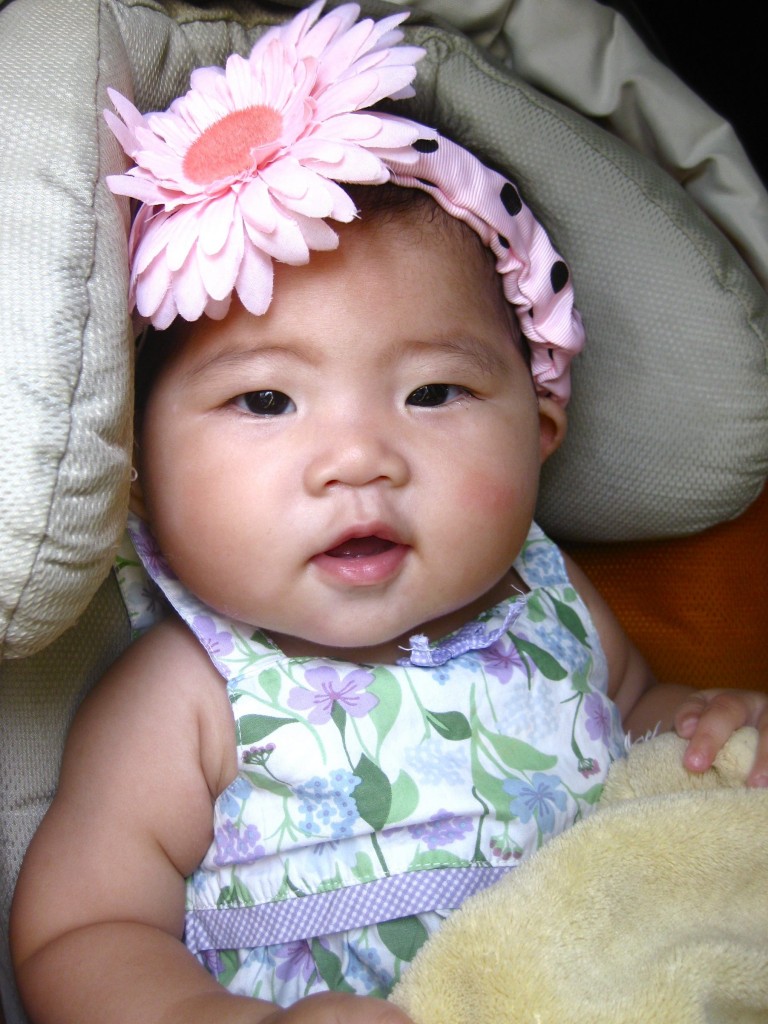Every time I read a new parenting theory, I try to take it with a pinch of salt, mostly because the next time I come back to the same bookshelf, there’s a new authority with a new revolutionary breakthrough discovery in parenting.
The obsessive parents are up-to-date with the all latest parenting fads, citing studies on how important it is to choose the best schools, teach your kids multiple languages and go to museums to develop their inquisitive minds. I figured all those things were great if you had the time and moolah but by no means necessary. Not when I’m struggling to make it through 24 hours to keep both kids fed, diapered and alive.
Besides, the only thing I remember about my childhood was playing pirates with my brother and stabbing him with a wooden sword (which was awesome, by the way – the sword, not the stabbing). I went to a neighborhood school where overaged Primary School kids were more interested in getting cigarettes than an education.
So when I read the chapter on parenting in Freakonomics (I know, it’s been out for ages, but my reading material has been limited to cooking instructions and nutritional information) the other day, it just blew my mind. In a good way. They used very big numbers and complicated statistics of large samples to posit two overarching theories.
1. Nature and nurture each made up about 50% of a child’s development.
2. As far as parenting goes, it didn’t matter so much what the parents did as opposed to who the parents were.
They did extensive research on things like how having books in a child’s home was correlated with better grades while reading to a child everyday was not. Or how speaking English in the home made a difference while taking a child to the museum regularly did not. It was all completely mind-boggling because it contradicted conventional wisdom on parenting. We are used to being told that parents could make or break a child’s future. Send them to the best schools, teach them 5 different languages, read to them religiously, buy them educational toys and they would become successful in life.
Except NOT.
Well, first of all, genetics. Smart and successful parents were more likely to have smart and successful kids because things like IQ, that’s innate. The studies showed that a child born to not-so-smart parents and adopted by smart parents was less likely to be smart (even if they were exposed to the best education money could buy). So if you and your husband are smart, congratulations, that’s half the battle won.
The other half lies not in the things you do, like reading to them or sending them to tons of classes, but in the kind of parents you were. Taking the book example mentioned earlier, it seems bizarre that a kid whose mom brought him to the library and read to him every night fared worse in school than a kid whose mom had lots of books in the house but did not read to him at all. They suggested that it was not the act of reading to the child per se that made the difference but the environment the child grew up in. If daddy and mommy loved books and were voracious readers themselves, the kids would love to read even without having books forced-fed down their throats.
Similarly, parents who spoke English at home were likely to be educated and successful, which was correlated with educated and successful kids. On the other hand, bringing your kid to the museum was utterly useless in having better grades. Just like watching loads of TV did not make their brains rot. And so on.
This translates into very good news for me, since I can now save that extra $2,000 on extra-curricular activities and just let them play with empty bottles. But more importantly, it’s a wake up call for us. If we want them to do better, it’s not about telling them the importance of doing better but doing it ourselves. We’ve got to be the kinds of people we want our kids to become and then we won’t need to nag incessantly at them to turn off the telly and pick up a book.
And seriously, if you’ve got time, pick up a copy of Freakonomics, it’s really quite brilliant.




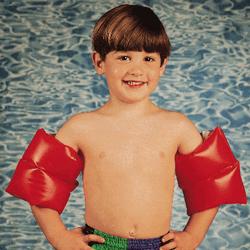 That’s the first thing to inflate during a flood because it’ll keep them afloat if I lose my grip on one of them. Also, you don’t have to blow until you turn blue. You’ll need to conserve some air for the actual flood. And for shouting for help.
That’s the first thing to inflate during a flood because it’ll keep them afloat if I lose my grip on one of them. Also, you don’t have to blow until you turn blue. You’ll need to conserve some air for the actual flood. And for shouting for help.
